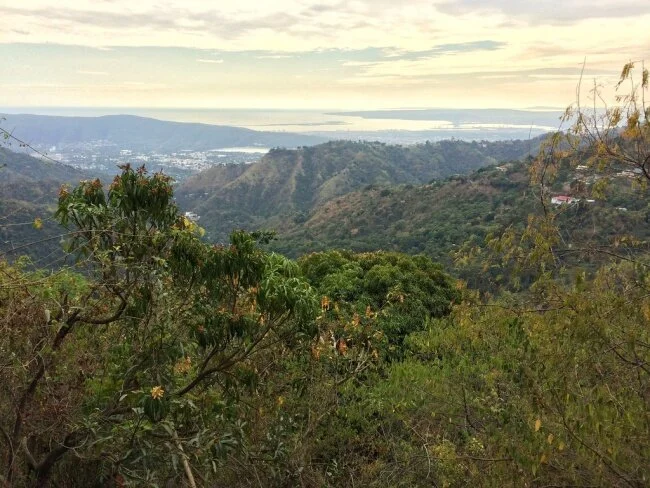A rap by Emery Harstein and Maggie Bellino.

Hello from Honduras, saludos a usted,
we were going to write a story, but chose to rap instead
We'll begin by recounting our past few weeks at school,
A lot of which was difficult, most of which was cool.
We encourage you to look up all the words that you don't know,
Prepare, for this is Maggie and Emery's "Update Flow."
We don't know how your day starts, but we're goin' tell you about ours,
we wake up to a chorus of noisy cats, horses and a parade of cars.
6 am breakfast consists of oatmeal and Mahonchos,
more than likely its raining, and we're grateful for our ponchos.
school starts with a prayer, and a salute to the flag,
and ends climbing a huge hill with a heavy book-bag.
in between the two, our day is pretty hectic,
working with children that are, to say politely, pretty reckless.
now you may ask yourself,
"self? How is a high school and first grade teacher feeling the same way?"
But you would understand if you lived here just one day.
Attitudes are pretty synonymous for grades all around,
Each kid seems to think the classroom is their personal playground.
Its hard to keep their attention, even in detention,
which inevitably leads to a detention-extension!!!!
First grade loses recess, and thinks its funny to stay in at lunch,
Tears flow whether they are taking a pencil or giving a punch.
A beehive in a classroom, seems to BEE no thing,
And yet we are not immune, even after the tenth bee sting!
In both classes we've experienced lesson plans a-crashin'
Which have successfully turned into discussions on compassion.
They may not be able to sit in their chair,
but they are learning that what's right isn't necessarily what's fair.
They are expanding their boundaries, and for that we are proud,
we remember this when we can't speak because our classroom is SOO loud.
one kid thinks he's a dog, another shoves himself in lockers
and those two aren't even our talkiest of talkers.
A pick-up game of soccer, to calm all our senses
our not far-away field is just a jump over prohibited fences





















